Liánqiáo (Forsythia fruit) is the fruit of the plant Forsythia suspensa, a deciduous shrub that can grow up to 2-4 meters tall. It flowers and bears fruit after 3-4 years of cultivation. There are two medicinal types: “Qīngqiáo” (green forsythia) and “Lǎoqiáo” (ripe forsythia). Qīngqiáo is harvested in early September when the fruit is still green and unripe, briefly boiled in hot water or steamed for about 0.5 hours, then dried. Lǎoqiáo is harvested in early October when the fruit is fully ripe and yellow, and the fruit shell splits open; it is then dried and the seeds and impurities are removed. It is mainly produced in Shanxi, Henan, Shaanxi, and Shandong, particularly common in the Dezhou area, where it is mostly cultivated rather than wild, making it one of the common medicinal materials in Dezhou.
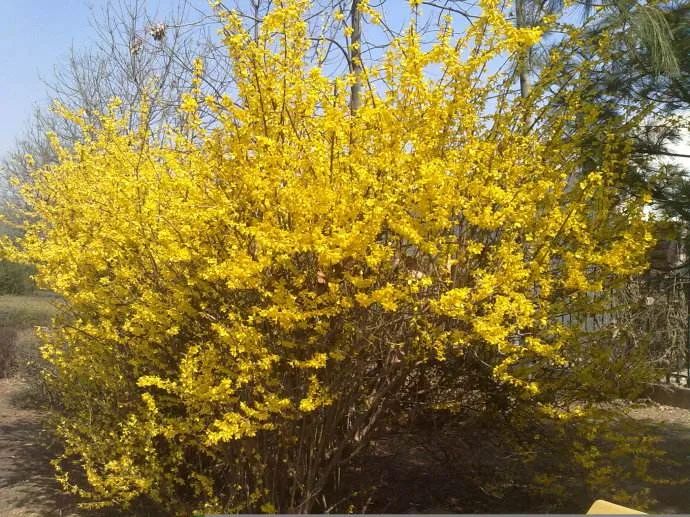
Liánqiáo has been recorded in the classic herbal text “Shénnóng Běncǎo Jīng” from the Qin and Han dynasties, where it is said to “treat cold and heat, mouse atrophy, scrofula, carbuncles, and goiter.” The Tang dynasty pharmacological work “Yàoxìng Lùn” states that Liánqiáo “promotes urination, alleviates urinary obstruction, and clears heat from the heart.” It is commonly used in TCM clinical practice. Modern TCM believes that Liánqiáo has the functions of clearing heat, detoxifying, dispersing nodules, and reducing swelling. It is used to treat warm heat, erysipelas, rashes, carbuncles, scrofula, and urinary obstruction.Examples of application:1. For treating Taiyin wind warmth, warm heat, and initial winter warmth, but with heat not intolerant to cold and thirst: Liánqiáo 1 liang, Yínhuā (Honeysuckle) 1 liang, Kǔjǐnggěng (Bitter Platycodon) 6 qian, Bòhé (Mint) 6 qian, Zhúyè (Bamboo leaves) 4 qian, Shēnggāncǎo (Raw Licorice) 5 qian, Jīngjiè (Schizonepeta) 4 qian, Dàn dòu chǐ (Fermented Soybean) 5 qian, Niúbàngzǐ (Burdock seed) 6 qian. Grind into a powder, take 6 qian each time, decoct with fresh reed root soup. (“Wēnbìng Tiáobiàn” Yínqiáo San)2. For treating all types of heat in children: Liánqiáo, Fángfēng (Siler), Gāncǎo (Licorice, roasted) and Shānzhīzǐ (Gardenia fruit) in equal parts. Grind into a powder, take 2 qian each time, decoct with 1 medium cup of water, reduce to 7 parts, strain and take warm. (“Lèizhèng Huórén Shū” Liánqiáo Drink)3. For treating breast abscess and lumps: Liánqiáo, Xióng shǔshǐ (Male mouse droppings), Púgōngyīng (Dandelion), and Chuānběimǔ (Fritillaria) each 2 qian. Decoction for oral administration. (“Yùqiáo Yīlìng”)4. For treating scrofula and tuberculosis that do not resolve: Liánqiáo, Guǐjiàn yǔ (Ghost arrow feather), Qūmài (Sedge), and Gāncǎo (Licorice, roasted) in equal parts. Grind into a fine powder, take 2 qian each time, mix with rice wash before bed. (“Yángshì Jiāzàngfāng” Liánqiáo San)(Recorded from “Zhōngyào Dà Cídiǎn” and “Zhōnghuá Běncǎo”, images sourced from the internet)
Expert Introduction


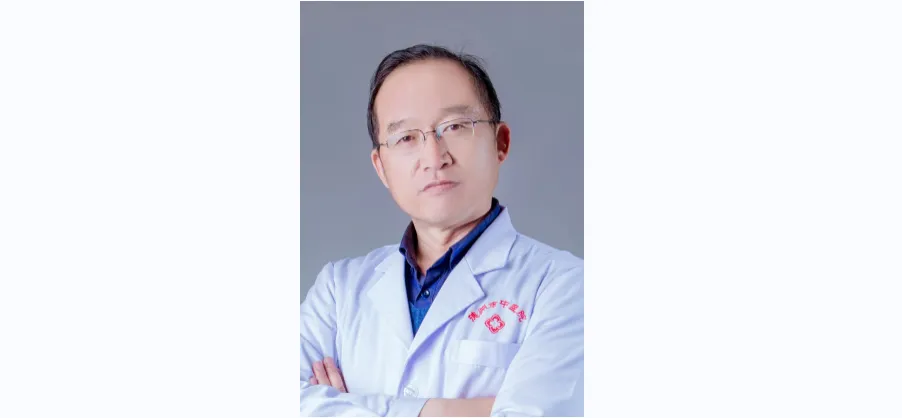
Lǐ Yǒng is the Director of the Department of Spleen and Stomach Diseases, Chief Physician, a nationally recognized outstanding TCM clinical talent, a renowned TCM expert in Shandong Province, and a well-known TCM practitioner in Dezhou. He holds a Master’s degree in Medicine. He is a member of the Liver and Gallbladder Disease Branch of the Chinese Association of Traditional Chinese Medicine, Vice Chairman of the Spleen and Stomach Professional Committee of the Shandong TCM Association, Vice Chairman of the Liver Disease Professional Committee, Vice Chairman of the Internal Medicine Professional Committee, and Vice Chairman of the Digestive Professional Committee of the Dezhou Medical Association.
Specialty
He has long been engaged in clinical work in TCM treatment of common and difficult internal diseases. He has rich clinical experience, especially in the TCM and integrated TCM-Western medicine treatment of atrophic gastritis, gastroesophageal reflux, colitis, chronic liver disease, as well as respiratory and cardiovascular diseases, and chronic diseases in the elderly.
Consultation hours: East Campus, first floor, Chronic Disease Center, renowned expert clinic on Wednesday afternoons; East Campus, fourth floor, Spleen and Stomach Department clinic on Sundays, Tuesdays, Thursdays, and Fridays mornings (general expert clinic); West Campus, first floor, Famous Doctor Hall, Room 2 (general expert clinic) on Tuesday afternoons.

Submitted by: Department of Spleen and Stomach Diseases, Lǐ Yǒng
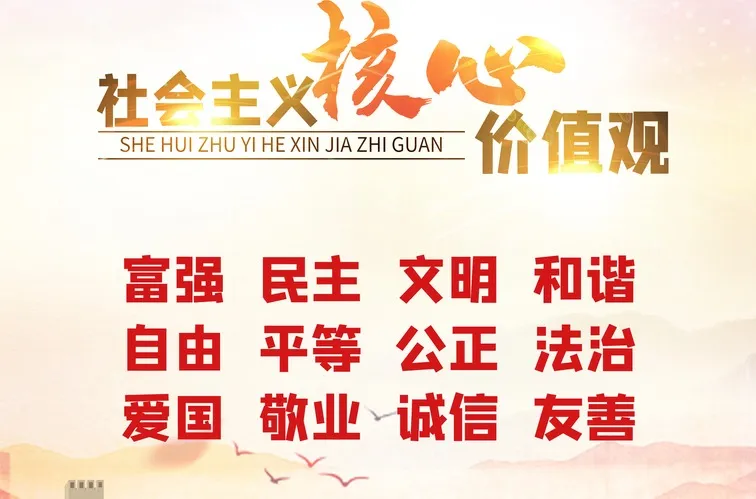
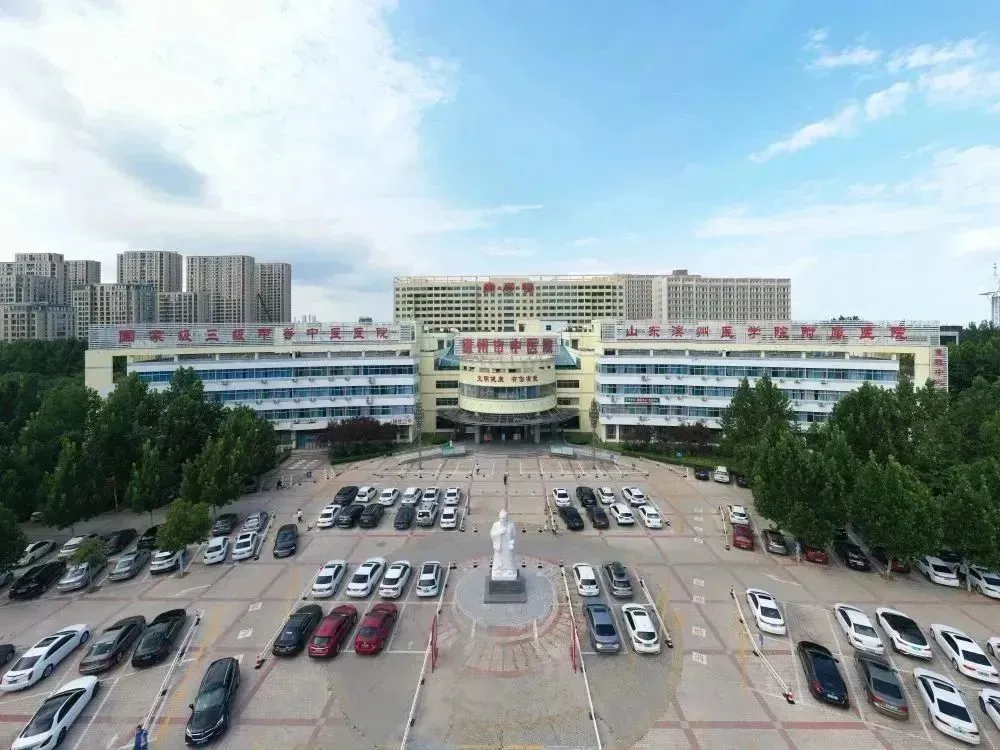
East Campus Address
No. 1165, Tianqu East Road, Dezhou City, accessible by bus routes 18 and 108
West Campus Address
No. 461, Dongfanghong West Road, Dezhou City, accessible by bus routes 5, 6, 17, 28, and 107
Contact Number
One-stop service center for outpatient services: 0534-7905088
Administrative duty hotline: 0534-7905066
Medical dispute complaint: 0534-7905288
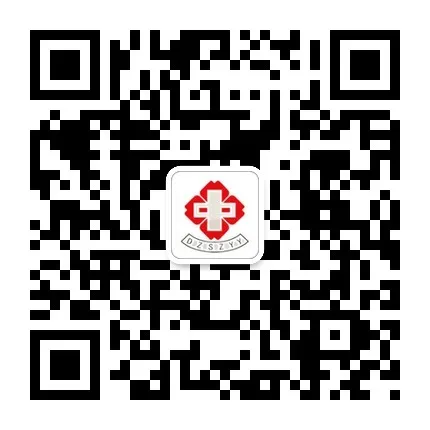
Long press the QR code
Follow
Dezhou City Traditional Chinese Medicine Hospital
Public account
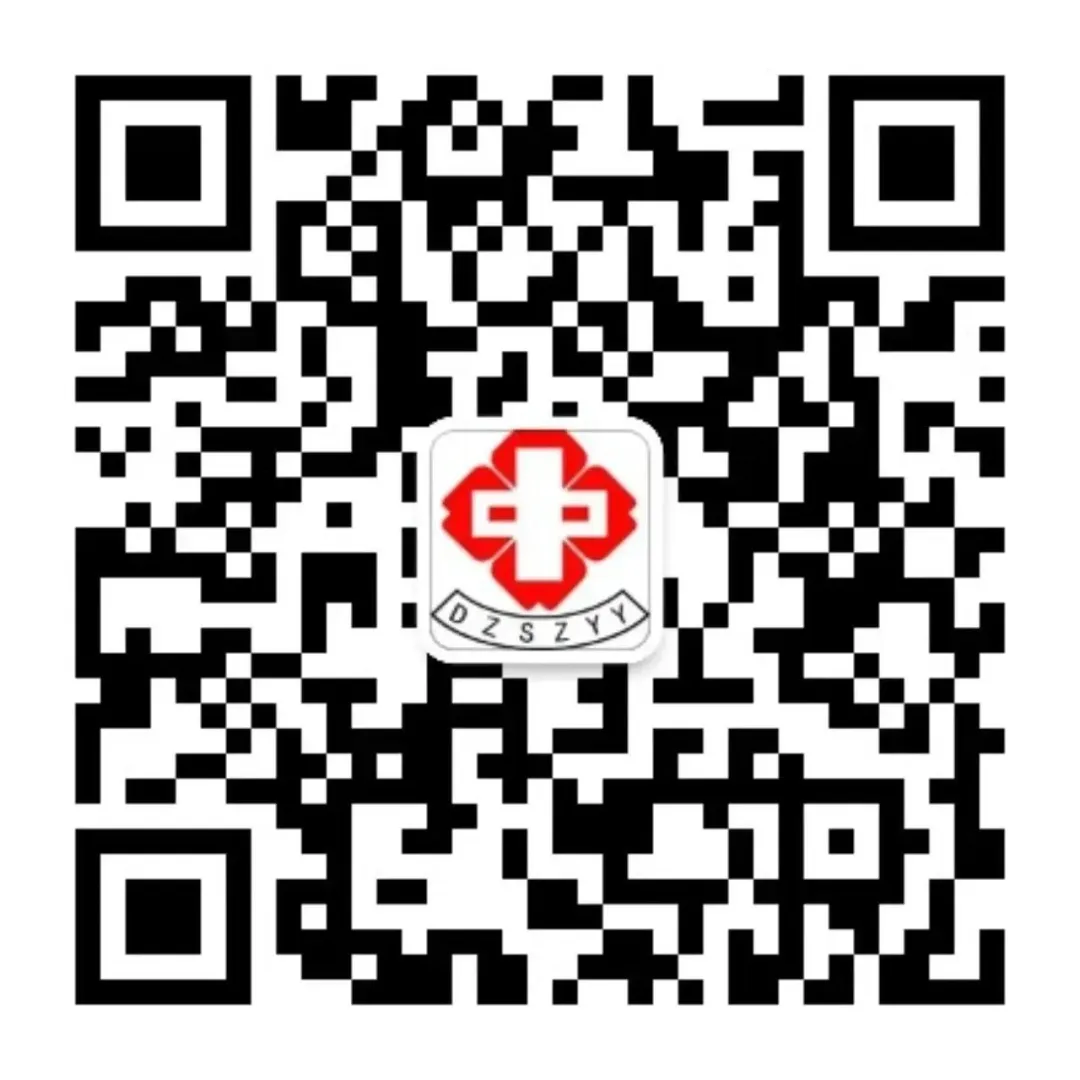
Long press the QR code
Follow
Dezhou City Traditional Chinese Medicine Hospital
Smart healthcare
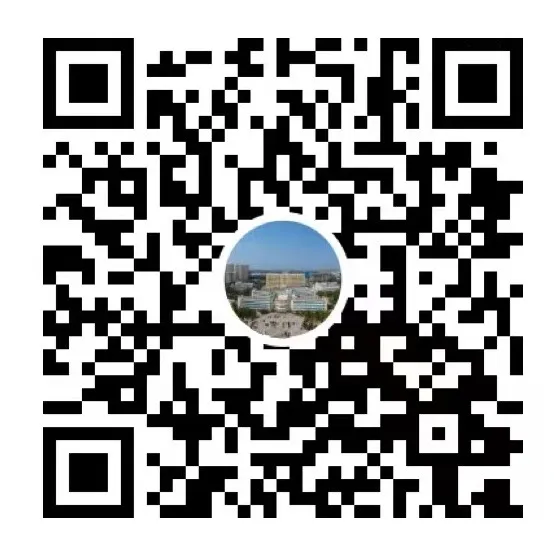
Long press the QR code
Follow
Dezhou City Traditional Chinese Medicine Hospital
Video account
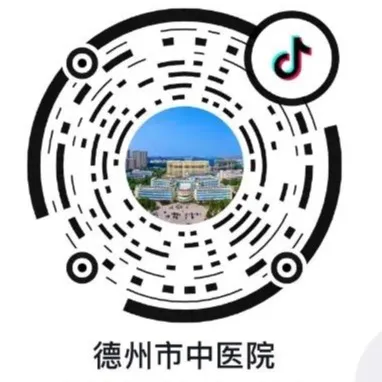
Save the QR code
Recognize and follow on Douyin
Dezhou City Traditional Chinese Medicine Hospital
Official Douyin

